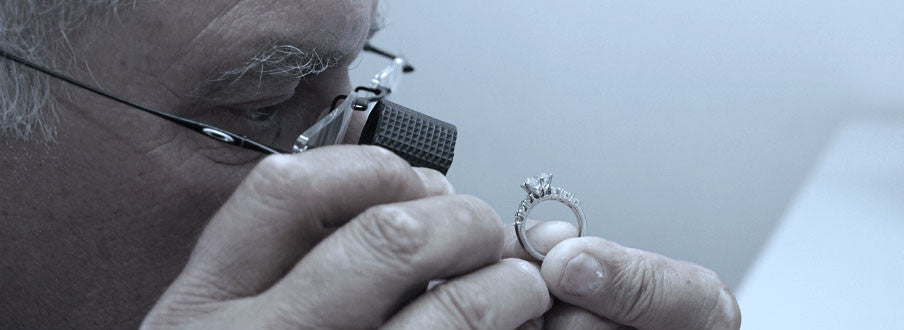There are many factors that affect the appearance and value of a diamond.
The most common dimensions by which a diamond's excellence is measured are the "Four C's" - Colour, Clarity, Cut and Carat. Each of these factors have their own effect on the brilliance and fire of a diamond.

Colour
The colour of a diamond is measured on a scale from D (entirely colourless) upwards. Perfectly colourless diamonds are sought after for their brilliance and are valued higher than diamonds of lower colour grades.

Clarity
Diamonds are a naturally occurring gemstone, and as such can exhibit physical imperfections (called inclusions) which influence their clarity. A diamond with large, or several, inclusions will allow less light to pass through it and produce less of the "fire" that an internally flawless diamond will.

Cut & Shape
The cut of a diamond has the greatest effect on the sparkle of a diamond. The better a diamond is cut, the more light is reflected back out and the more glittering brilliance it will radiate.
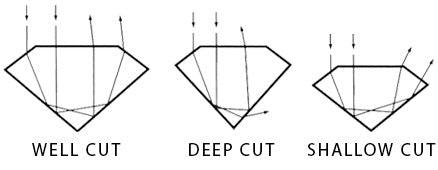
The cut of a diamond is different from its shape, which represents the visual form of a diamond, the most classic example being the round brilliant cut, but including other such shapes as princess cut, cushion cut, oval cut, pear cut and more.
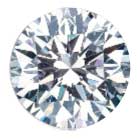
Round
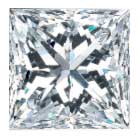
Princess
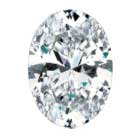
Oval
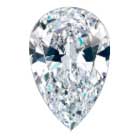
Pear
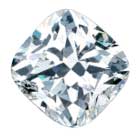
Cushion
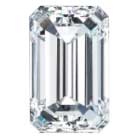
Emerald
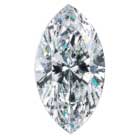
Marquise
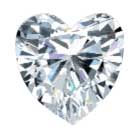
Heart
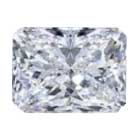
Radiant
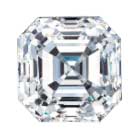
Asscher
Carat
The weight of a diamond is expressed in "carats" and not to be confused with the measurement of gold purity (for example 18ct white gold).
One carat is equivalent to 0.2 grams and is divided into "points" - a 50 point diamond weighs 0.1g and has a 0.50 carat weight.
When a diamond is cut, the cutter maps the largest diamond possible from the rough stone with the least physical imperfections that affect its colour, clarity and integrity.
All diamonds over half a carat in weight from Anthonys Manufacturing Jewellers are laser inscribed and certified by the Gemological Institute of America (GIA).


